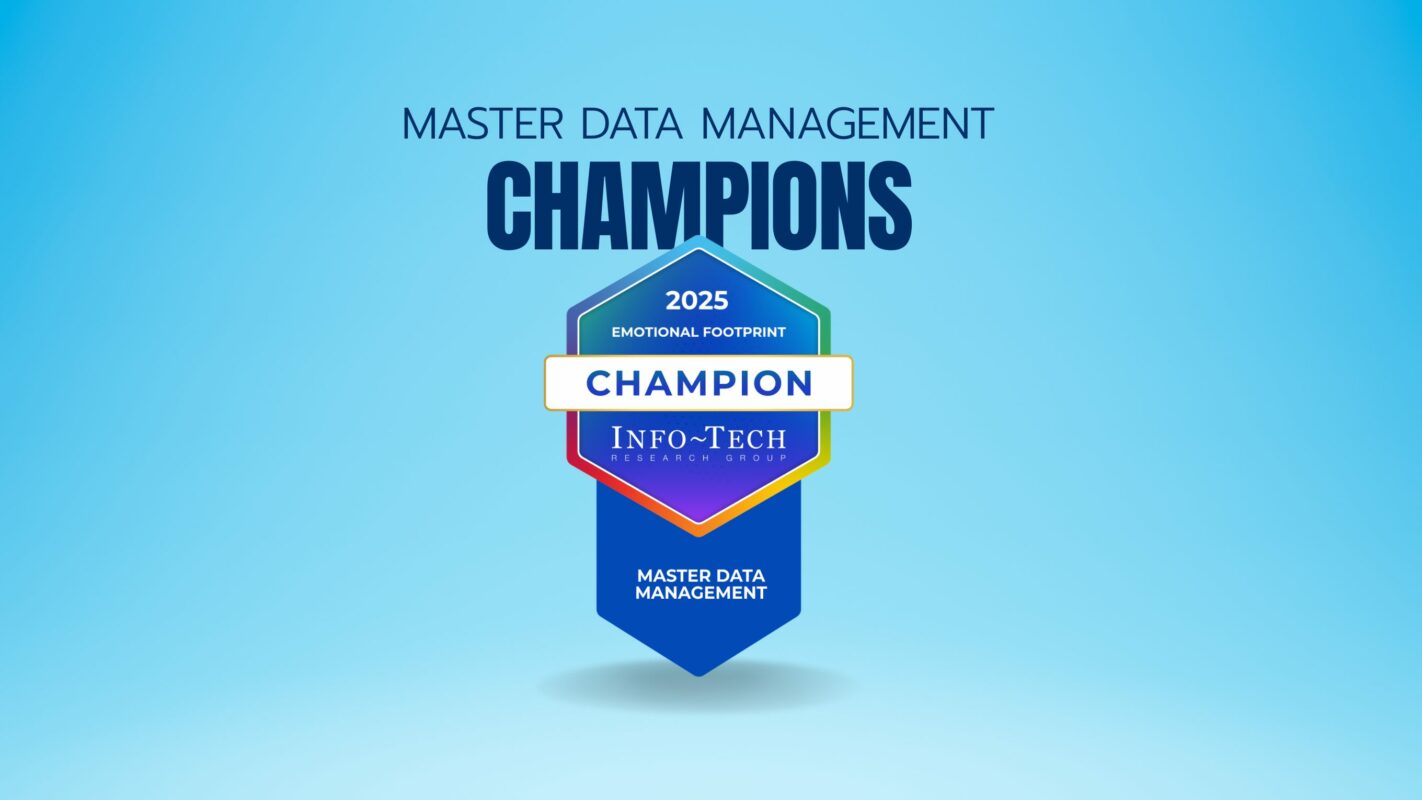Author: Al Bissmeyer, Global Vice President, Viamedici
The EU has accelerated momentum on its Ecodesign for Sustainable Products Regulation (ESPR), with vital updates emerging in 2025 and 2026 that redefine how manufacturers must structure sustainability and compliance efforts. With mandatory rollout starting as early as next year, organizations face both unprecedented urgency and opportunity—and Viamedici is here to guide every step.
Latest Regulatory Milestones & Strategic Timelines
- Tech & Electronics in the Spotlight
The EU’s inaugural ESPR Working Plan, released in mid-August 2025, underscores the immediate pressure on technology firms. DPPs will become mandatory soon, with delegated acts—and sector-specific requirements—kicking in as early as 2026. Companies are urged now to audit product data, assign in-house teams, and launch pilot initiatives TechRadar. - Tiered Roll-Out by Sector
ESPR is phasing in DPP adoption:- Textiles & apparel, tyres: starting 2027
- Furniture: 2028
- Mattresses and other categories to follow MetroSGSCorp.
Meanwhile, intermediate materials like iron, steel, and aluminium are being addressed with horizontal rules since April 2025 Circularise.
- A Fashion Sector Trailblazer
London’s Nobody’s Child brand provides an early-adopter case. Launching pilot DPPs in 2023, the brand targets a full rollout by late 2025, despite the labor-intensive work of collecting ~110 data points per SKU and coordinating Tier-5 supplier transparency Vogue Business.
Sector |
Priority Product |
Draft Rule Expected |
Earliest Enforcement |
Details |
| Electronics & ICT | Smartphones, tablets, laptops | 2024–2025 | 2026–2027 | High priority. Digital Product Passport (DPP) likely mandatory. |
| Servers, data centers | 2025 | 2027–2028 | Already covered by existing Ecodesign rules; ESPR will expand scope. | |
| Appliances & White Goods | Washing machines, refrigerators, ovens | 2025–2026 | 2027–2028 | Updates to existing Ecodesign requirements under ESPR. |
| Textiles & Apparel | Clothing, footwear | 2024–2025 | 2026–2027 | Second-highest ESPR priority. DPP likely for fiber content and durability. |
| Furniture | Desks, chairs, sofas | 2025 | 2027 | Focus on modularity, recyclability, and DPP. |
| Construction Materials | Insulation, flooring, doors, windows | 2025–2026 | 2027–2028 | Harmonization with CPR (Construction Products Regulation). |
| Packaging | All packaging types | 2024–2025 | 2026–2027 | Covered under parallel PPWR (Packaging & Packaging Waste Regulation). |
| Batteries & Vehicles | EVs, industrial and portable batteries | Already adopted (Battery Regulation) | 2025–2030 | Separate regulation; DPP for batteries mandatory in phases from 2026. |
| Steel, Cement, Aluminium | Structural components, building materials | 2025–2026 | 2028+ | Likely later phase; high-impact sectors but complex to standardize. |
| Retail/E-commerce | All consumer goods sold in EU | Continuous | 2026 onward | Responsible for compliance of products they import/sell under own brand. |
What This Means for Your Business—From Viamedici’s Viewpoint
The move to Digital Product Passports is inevitable. For manufacturers—both within the EU and abroad—noncompliance could mean exclusion from the €1.8 trillion European market, while early adopters will gain a decisive competitive advantage.
The practical ability to comply to the looming regulations can be hindered by the deep structural issues within companies . Many manufacturers still manage product and supply chain information in siloed, disconnected systems spread across different formats and regions, making it difficult to create a unified data foundation.
The complexity grows even further with Scope 3 emissions reporting, which requires accurate input from multi-tier suppliers—many of whom lack the digital capabilities to provide consistent or verifiable data. At the same time, DPP requirements must cover thousands of SKUs, materials, and supplier relationships across diverse product lines.
Analysts project that companies will need to commit €200,000 to €500,000 just to establish the necessary digital readiness. Without a scalable, interoperable system to centralize and govern this data, compliance risks becoming overly expensive, time-consuming, and inefficient, rather than a driver of progress.
The Viamedici, Sustain360° and SiOtu™ Offer: Your DPP Advantage from Day One
As ESPR expectations rise, the Sustain360°™, Viamedici, and SiOtu™ team stands ready with tailored solutions to mitigate risk, accelerate compliance, and transform regulations into competitive assets. Three components combined provide a consistent framework for implementing DPPs, reducing impact on current IT systems while enabling scalable deployment across global operations.
Components consist of:
- Data Foundation via Viiamedici EPIM/5: Centralized Product Information Management (PIM) and Master Data Management (MDM), Consolidating technical product information from multiple systems, it integrates seamlessly with ERP and supply chain platforms through APIs, ensuring a unified and consistent data model.
- The Sustain360°™ Platform conducts Life Cycle Assessments (LCA), calculates Scope 3 carbon emissions, models climate-related risks, and produces product metadata that meets EU DPP requirements. It streamlines emissions reporting and embeds environmental information directly into product records.
- SiOtu™ Tokenization – Using Sustain360°™’s proprietary blockchain technology, SiOtu™ links every DPP to a secure token and NFT wallet. This approach guarantees the integrity of the data and allows decentralized, tamper-resistant verification for all participants in the supply chain.
DPP Success Story:
A leading global manufacturer of professional-grade power tools and machinery, is renowned for its high-quality drills, grinders, and cordless tools used across construction, metalworking, and industrial applications. Committed to innovation and sustainability, the company faced the challenge of aligning its extensive product catalog with upcoming EU Digital Product Passport (DPP) requirements.
To address this, the company implemented the Sustain360°™ DPP solution in under a month. The platform integrated seamlessly with the company’s SAP ERP and Viamedici EPIM, enabling automated ingestion of complex product data and the generation of fully compliant DPPs. Each passport was anchored with a SiOtu™ blockchain token, ensuring secure, tamper-proof traceability and verification across all stakeholders.
Remarkably, this deployment required no custom software development and minimal internal change management, allowing the company to maintain operational continuity while quickly achieving compliance readiness. The system is now being scaled across additional product lines, from hand tools to industrial equipment, illustrating the repeatability and scalability of this architecture. This success positions the global manufacturer not only as a compliance-ready manufacturer but also as a leader in transparent, sustainable product management.
Act Now: Build a Secure, Scalable DPP Framework for Compliance and Transparency
As enforcement deadlines draw near, manufacturers need to take immediate action to safeguard continuous access to the European market. Establishing a robust, integrated DPP framework goes beyond mere compliance—it lays the groundwork for stronger data governance, enhanced supply chain transparency, and measurable environmental responsibility.
In collaboration with Sustain360°™ and powered by SiOtu™, Viamedici provides the scalable infrastructure that enables manufacturers to meet regulatory requirements confidently while operating with full transparency in a fast-changing compliance environment.
Take Action Today: Ensure Compliance and Gain a Competitive Edge
Don’t wait until compliance deadlines hit—take control of your product data today. Contact Viamedici to learn more or book a demo and see how our integrated DPP solutions can streamline compliance, enhance transparency, and future-proof your operations.
Just a year ago in 2024, Al Bissmeyer and Baz Khuti, CEO of Sustain360° shared how Digital Product Passports (DPP) are transforming compliance into a competitive advantage.
Watch the video here to hear the conversation: https://shorturl.at/knAT8
Stay tuned for an update from Al Bissmeyer and Baz Khuti coming soon!
Ready to Take the Next Step?
The compliance wave is here—and the time to prepare is now. Don’t risk exclusion from the €1.8 trillion European market. Book a demo with our team and see how Viamedici, Sustain360°™ and SiOtu™ can help you:
- Build a secure, scalable Digital Product Passport framework
- Streamline emissions reporting and supply chain transparency
- Future-proof your operations while gaining a competitive edge
Put your business ahead of the compliance curve!
Al Bissmeyer is the Global Vice President at Viamedici where he drives international strategy and customer engagement for the Viamedici enterprise platform EPIM/5 that includes highly rated MDM, PIM, DAM, and CPQ products. With over three decades of experience in data management and digital transformation, Al has held leadership roles at Microsoft, Emerson, Profisee, Riversand Technologies, and Magnitude Software, where he built expertise in helping global enterprises leverage data to accelerate growth, compliance, and customer experience. A recognized industry thought leader, he frequently speaks on topics such as digital product passports (DPP), guided selling, and product data governance.
Visit our website for more information: www.viamedici.com
Media inquiries:
Sandy Borsch Royer
Viamedici Global Marketing
s.royer@viamedici.com
+1 484-947-7423






